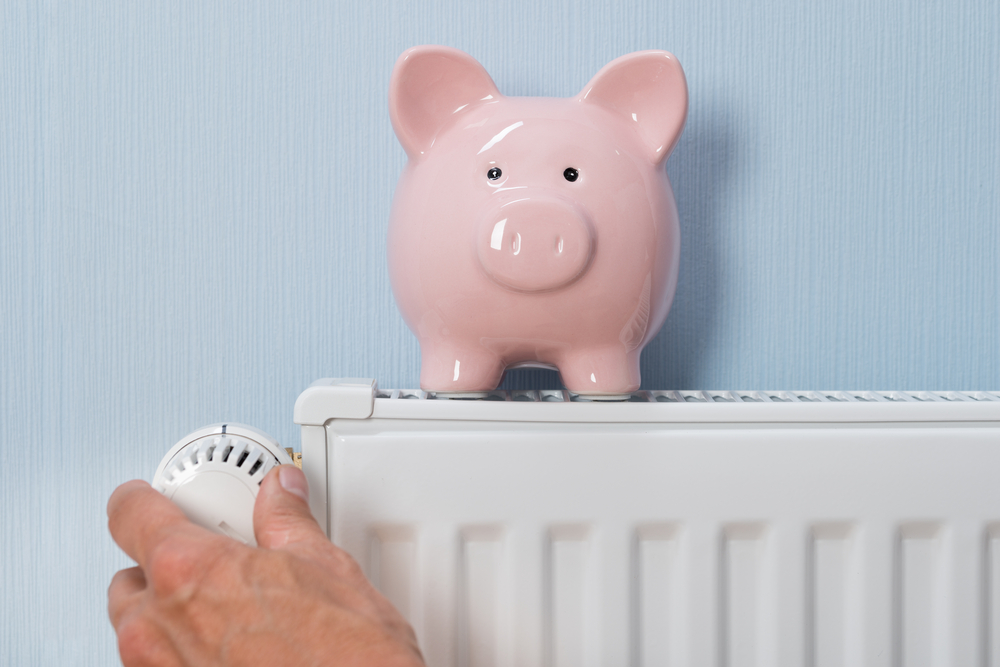Household Bills
Govt urged to introduce energy social tariff cutting bills by up to £1,500

An energy social tariff should be introduced as the long-term solution to soaring bills, and to help households avoid the dilemma of choosing between heating and eating, campaigners suggest.
The Government is being urged to introduce an energy social tariff by 2024, with charity Citizens Advice saying it believes this targeted financial support provides a long-term solution to the energy crisis facing millions.
It said this would not only help households now, but in the future as record energy prices are unlikely to return to their pre-pandemic levels, and could sit at record levels over the next decade.
Households have been helped by the Government’s energy bills scheme offering up to £400 towards the cost, but this will end this month.
At the same time, the Government’s alternative energy support scheme – the Energy Price Guarantee – was expected to be less generous come April when average bills were set to rise from £2,500 to £3,000.
However, rumours surfaced last week that some energy providers are preparing for the Government support to remain in place until June to help customers with rising bills.
Citizens Advice said that whether the guarantee remains at £2,500 or rises to £3,000, households are spending more than twice as much on energy compared to 18 months ago.
If it does stay at the lower amount, Citizens Advice said ten million households will face “crisis-level energy costs”, with more than 10% of income after housing going on gas and electricity. It added this is a key indicator of fuel poverty.
If it rises to £3,000, 12 million households will be in this bracket while those on lower incomes will be hit much harder. Here, energy bills will take up more than half of the total household income after housing costs. This is up from 34% in 2019, it added.
The charity’s own data also suggests the growing need for a long-term solution to high energy bills.
Last year, it helped 50% more people with energy issues compared to the previous year, and double the number helped in 2020. Another stark figure revealed last year it saw more people who couldn’t afford to top up their prepayment meter than in the previous 10 years combined.
Energy social tariff
Given all of this, it argued that “a social tariff can limit the impact of the crisis, as well as help accelerate a fair and affordable transition to net zero”.
It said in order to identify and reach fuel poor households, many of whom are not in receipt of benefits and are not eligible for schemes such as the Warm Home Discount, better use of data is required.
By marrying up HMRC data on household incomes, with energy supplier data on consumption, this should provide a better picture of who needs help, and by how much.
Based on current analysis, more than 12 million households on the lowest incomes would qualify, with the average help standing at £381, while some would get up to £1,500.
It is also calling for a national programme of loft and cavity wall insulation for all households in fuel poverty. With some people seeing 30% of their energy bill go straight out of the window, an insulation campaign will help keep houses warmer, reduce gas usage and insulate people against price spikes, the charity suggested.
At a total cost of £1.1bn, this would save more than a million households up to £561 a year.
‘Crucial building block’
Clare Moriarty, chief executive of Citizens Advice, said: “Energy affordability is a long-term problem that needs a long-term solution. A social tariff protects millions of people from spending excessive amounts on their bills.
“High energy costs have left too many people choosing between heating and eating. Uncertainty over future high prices only adds to the stress and worry felt in households across the country.
“This policy helps make energy bills more affordable in the years ahead and supports the shift to warmer, safer homes that are ready for the net zero transition.”
Martin Lewis, founder of Money Saving Expert, added: “I’ve argued for a social tariff for years, and now it could be a crucial building block to help repair our broken consumer energy market. When things return to a more normal situation we must work out what energy market we want.
“There are two main routes – either regulate all pricing or have a competitive switching market. We’ve long aimed for the latter situation, but it has failed many. That’s why we must be blunt and identify who are the legitimate and who are the illegitimate victims of competition.
“If I, as a wealthy, financially educated person chose not to switch, that’s my problem. If a struggling low-income 90-year-old grandmother with onset dementia doesn’t switch – that’s all our problem. A social tariff looks to protect those who need it.”